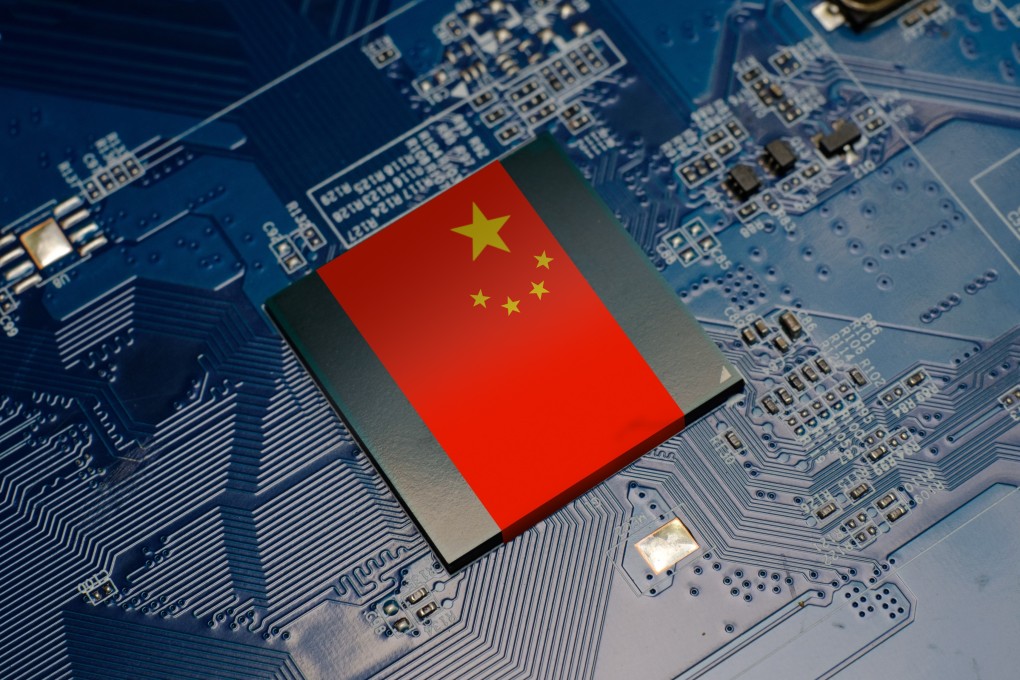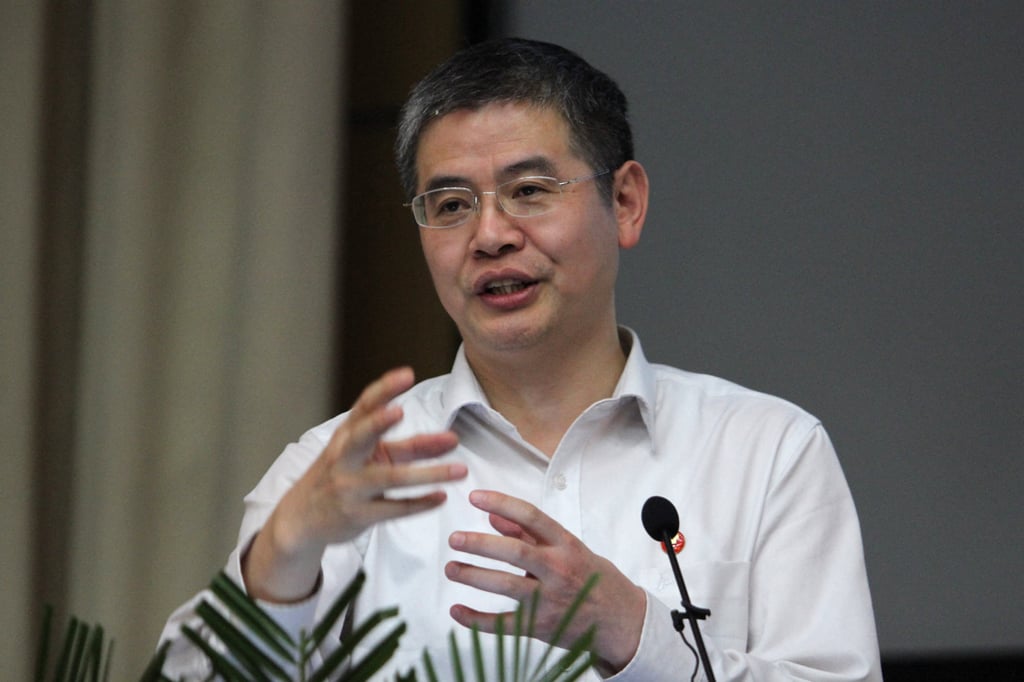Advertisement
Tech war: sole semiconductor sector delegate at 20th Communist Party congress pushes for China’s own industrial IT system
- Hu Weiwu, founder of Chinese chip design firm Loongson, said the country has no control under the existing industrial information technology system
- His call for increased technology self-reliance reflects the sense of urgency in China after the US expanded the scope of its hi-tech export controls
Reading Time:3 minutes
Why you can trust SCMP
12

The sole semiconductor industry delegate at the 20th National Congress of the Chinese Communist Party is advocating for the development of the country’s own industrial information technology (IT) system, independent from the widely adopted Intel-Windows and Android-Arm structures, as tensions intensify between Beijing and Washington.
“If China doesn’t have its own industrial IT system, it’s like farming on other people’s land. We don’t have control,” said Hu Weiwu, the founder, chairman and president of chip design firm Loongson Technology Corp, in a report published earlier this week by the Communist Party-owned daily newspaper The Beijing News.
Hu, 54, is one of the 2,296 delegates at the twice-a-decade Communist Party congress, which started last Sunday and will conclude this Saturday. His bona fides include previously serving as chief engineer of the Institute of Computing Technology, which is under the Chinese Academy of Sciences (CAS), and designing the country’s first central processing unit (CPU) as early as 2002.
Advertisement
The semiconductor sector delegate’s push for a home-grown industrial IT system – covering networks of machines, operating platforms and applications – echoes President Xi Jinping’s focus on “greater self-reliance and strength in science and technology” in the work report he delivered at the opening of the 20th party congress.

This clarion call for technology self-reliance reflects the heightened sense of urgency in China after Washington’s recent moves to expand the scope of US hi-tech export controls targeted at chip makers on the mainland, which followed the Biden administration’s enactment of the Chips and Science Act in August.
Advertisement
Advertisement
Select Voice
Select Speed
1.00x